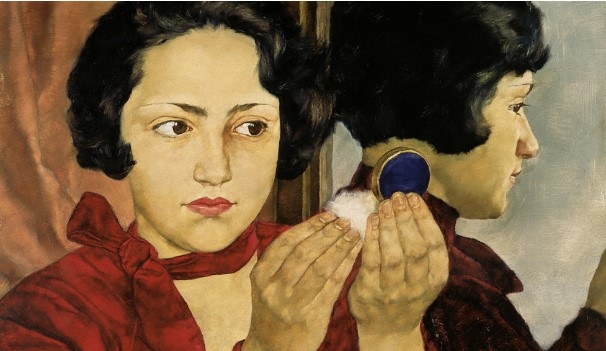Lotte Laserstein, who is now considered one of the great realists of the twentieth century, came to Sweden in 1937 as an immigrant from Germany because of the Nazis’ persecution of the Jews. She did so at the height of her career as an artist of the Weimar Republic, where she achieved success by uniting traditional painting with contemporary motifs and themes, including the new self-confident woman.
In Sweden, Laserstein continued working for another five productive decades, during which time the process through which she found a foothold in her new homeland was apparent in her work. In expressive self-portraits, moving depictions of other immigrants, rural landscapes and urban scenes, her Swedish paintings raise questions about what it means to lose one’s own cultural and social context and adapt to a new one.
Curators: Iris Müller-Westermann, formerly Museum Director of Moderna Museet Malmö and now Senior Curator at Moderna Museet in Stockholm, and Anna-Carola Krausse, an art historian and Laserstein expert based in Berlin.




